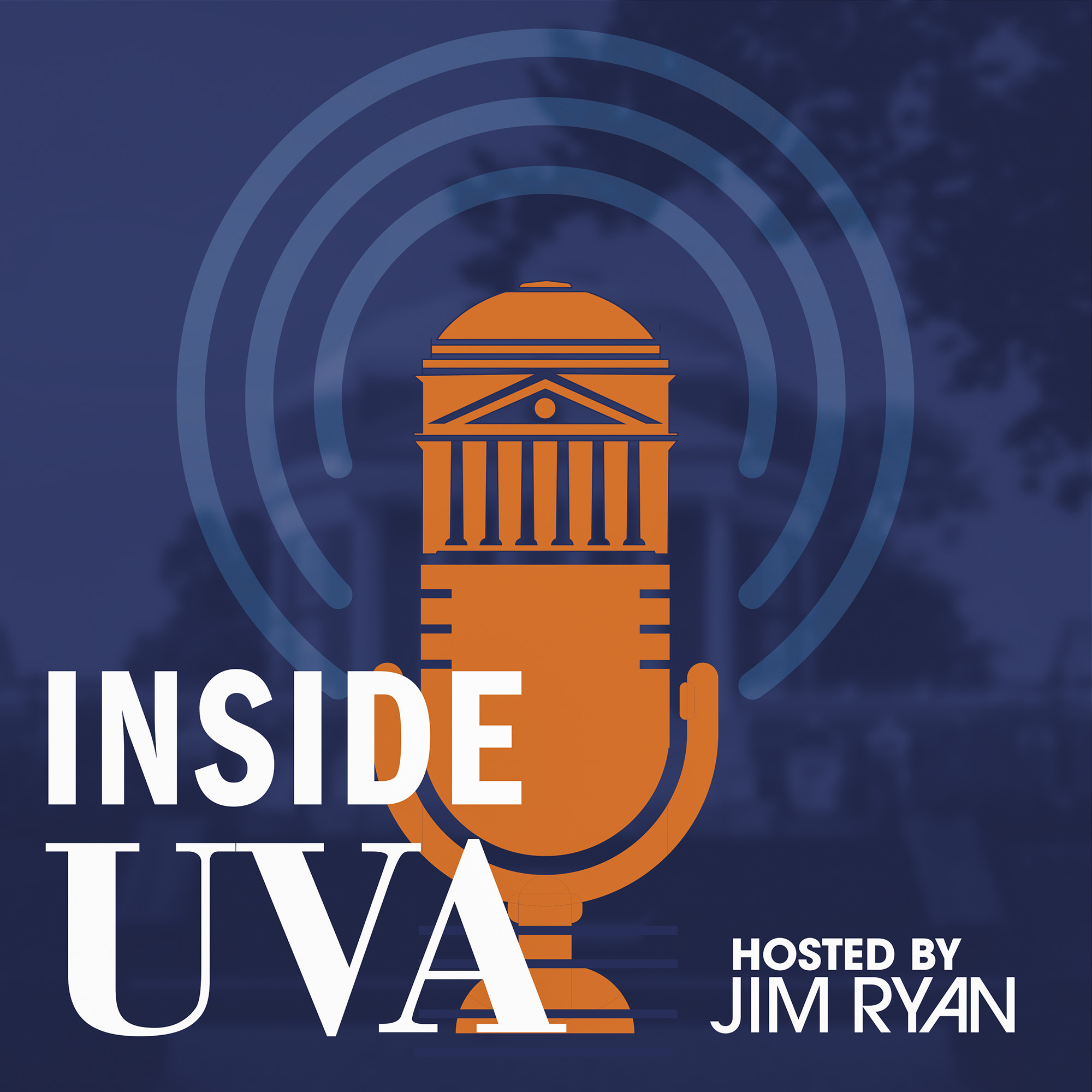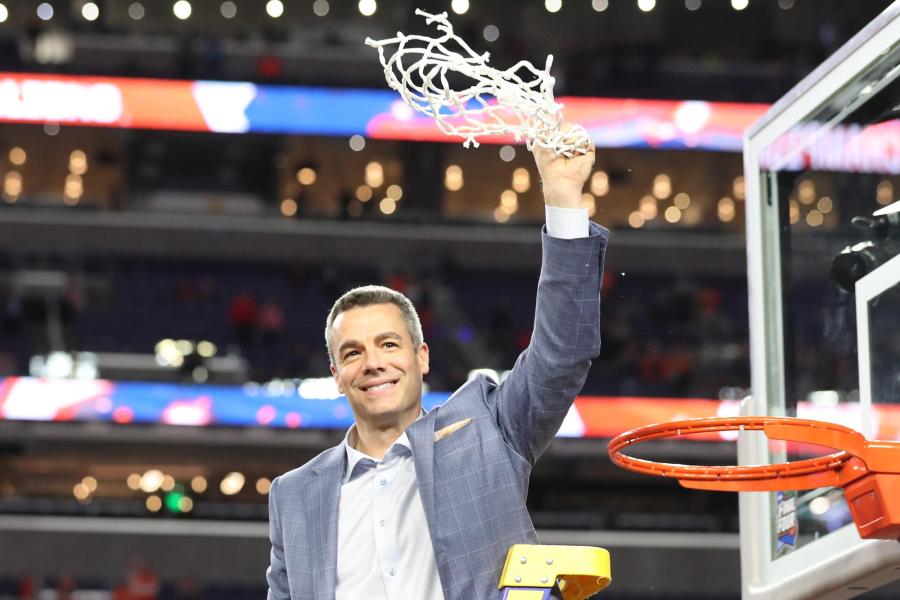During summers in the late 1960s and early ’70s, a young Tim Rose and his parents, Jim and Joanne, would make the 15-hour drive from Cleveland to Kabekona Lake, Minnesota, just outside Paul Bunyan State Forest.
Rose’s father, Jim, and grandfather, William Ramsay, had built a modest cabin about 50 feet from the lake. In his summer heyday, Rose, an only child, said three things made him happy: a slingshot, a BB gun and a fishing pole.
“That was ideal. Talk about free-range kids. I just loved that place and loved him,” Rose said of Grandpa Bill.
For a month each year, he’d reel in yellow perch and walleye from the lake’s cool waters and observe his grandfather.
“He was quiet,” Rose recalled.
Ahead of his June 30 retirement from the University of Virginia Foundation, an organization he’s headed since 1993, Rose talked about his upbringing and how it influenced the man he would become.
A professor of industrial arts at Miami University, where Rose would later earn an undergraduate degree in business and master’s degree in education, Grandpa Bill “liked to work outdoors, build things, read and do the crossword,” Rose reminisced.
Years later as an undergraduate at his grandfather’s university, Rose, also a quiet young man, thought back to those days and came to a conclusion. “It’s OK to be quiet. I could kind of be like my grandfather,” he said while sitting in a large, sunny room looking onto a glistening, half-frozen pond at the Boar’s Head Resort, where the UVA Foundation is headquartered.
That revelation has carried him through his professional career.
Rose at the Helm
“The whole place was three or four people,” Rose said, remembering the early days of the foundation, where he began working at 32. “We were in the attic of what was formerly known as Betty Booker’s boarding house,” he said. Booker House sits at the corner of University Avenue and Madison Lane, just across the street from the Rotunda.
“Our only customer is UVA,” Rose said. “I consider myself to be someone who is supposed to serve UVA, so we don’t feel like we work at a foundation.”
It’s a view that has not been lost on others at the University.
Colette Sheehy, UVA’s senior vice president for operations and state government relations, called Rose “a very humble leader” and a man of few words. “It’s always about how the foundation can serve the interests of the University,” she said.

Rose reflects on his 38 years at the University. He arrived in 1987 as a graduate student and took the helm of the UVA Foundation in 1993. (Photo by Matt Riley, University Communications)
Rose said when he joined the foundation, “Our primary focus was managing fraternity houses.” A lot had changed since then.
“As the University has grown, we have grown,” the UVA Foundation CEO continued. “We provide real estate and some financial management services to the University and its foundations.
“So if the University needs a piece of land because it wants to build a research park, we provide that service. If the University needs to expand at the corner of Ivy and Emmet streets and the Cavalier Inn is for sale, we buy the Cavalier Inn. If the University has a donor who wants to donate real estate, we accept that gift.”
Over the years, the foundation has purchased the Boar’s Head Resort; received the Morven estate gift, now the site of UVA’s new Sustainability Lab; and purchased and developed the property where North Fork, a UVA Discovery Park, is located and where a biotech accelerator program is pushing ahead.
Perhaps the University’s most visible current projects are at that Ivy and Emmet intersection. Known as the Emmet-Ivy Corridor, the 14.5-acre area, purchased by the foundation in multiple acquisitions over about 20 years, is home to the School of Data Science. Coming this year is the Virginia Guest House, a hotel and conference center featuring 214 guest rooms, 25,000 square feet of meeting space, a UVA visitors center, a full-service restaurant and a rooftop venue. The Karsh Institute of Democracy will also move into a new 65,000-square-foot building at the site. The Karsh project is expected to be completed in summer 2026.










